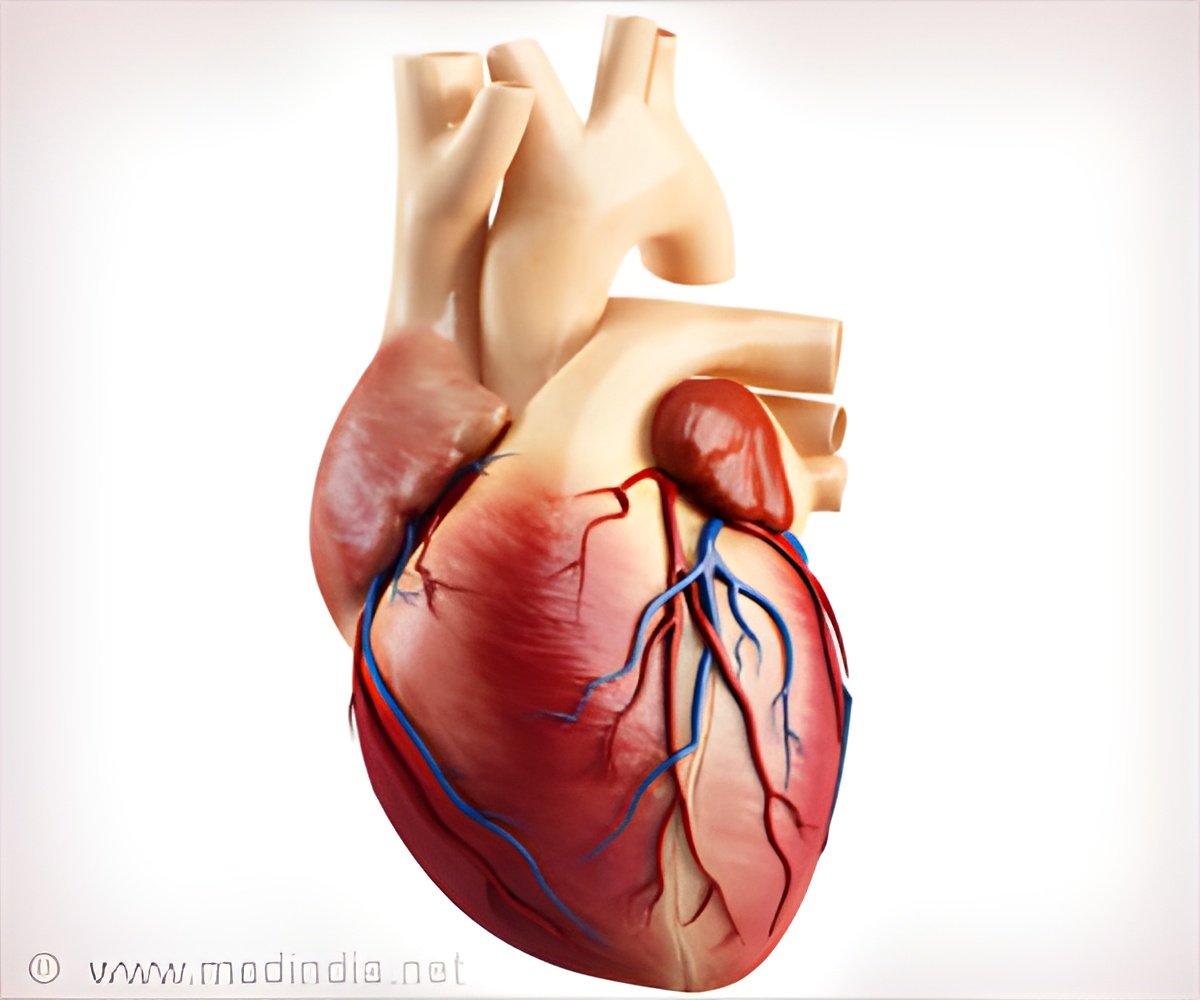Cardiovascular disease can be prevented by controlling the risk factors with lifestyle changes like healthy diet, regular physical activity and heart health screening.

The risk of developing cardiovascular disease is elevated with high blood pressure, family history of cardiovascular disease, diabetes, high levels of low density lipoprotein (LDL), low levels of high density lipoprotein (HDL).
Smoking, sedentary lifestyle may also contribute to cardiovascular risks. Men older than 45 and women past age of menopause are at higher risk of developing the disease.
These risk factors can be lowered by maintaining the levels of cholesterol, quitting smoking and regular physical activity.
Cardiovascular Screening
Early detection is effective to treat cardiovascular disease. Cardiovascular screening is recommended for people older than 55 who have risk factors.
Advertisement
The American Heart Association has recommended heart- and blood-vessel-friendly lifestyle tips:
- Eat a diet that’s low in saturated and trans fats, cholesterol, sugar and salt.
- Eat lots of fruits, vegetables, and whole grains that are rich in fiber. Have fish at least twice a week, and incorporate nuts, legumes and seeds into your diet. Reduce your meat intake, choose lean meats when you do eat meat, and opt for low-fat or fat-free dairy products.
- Exercise at least 150 minutes per week, choosing moderate to intense activity. Or, if you’re able, do 75 minutes of vigorous aerobic activity like jogging or running every week. Do muscle-strengthening activities at least twice a week.
Advertisement
Support from family, friends and social group can help maintain cardiovascular health by helping to stay on track with important lifestyle changes.
Source-Medindia










